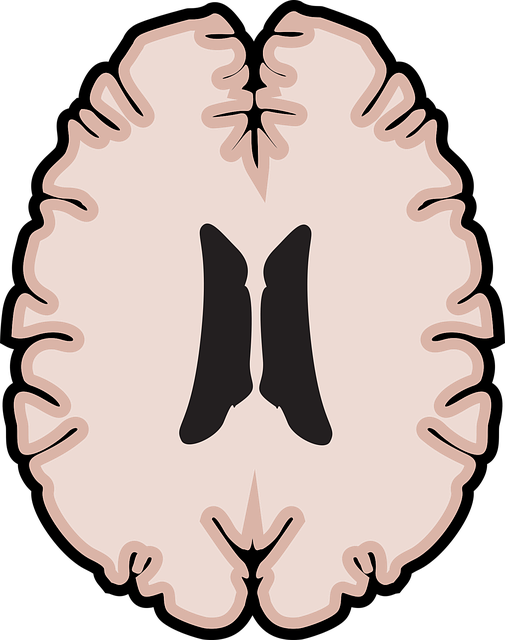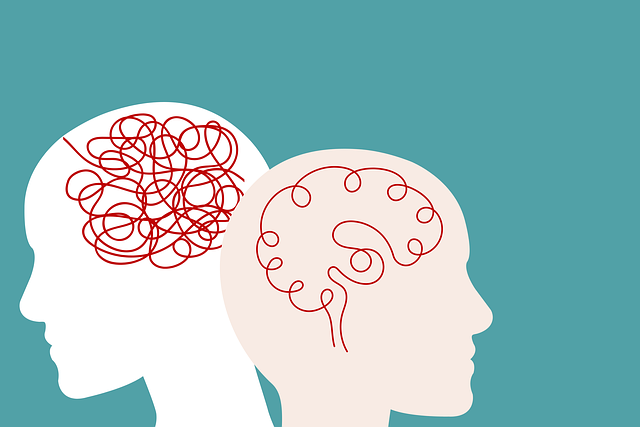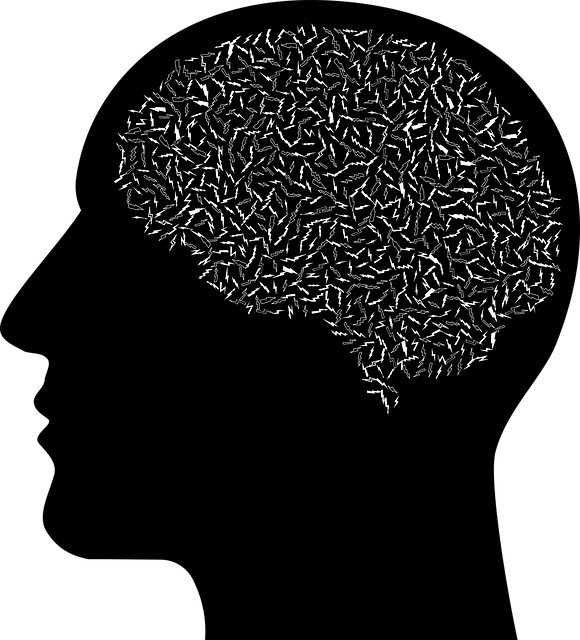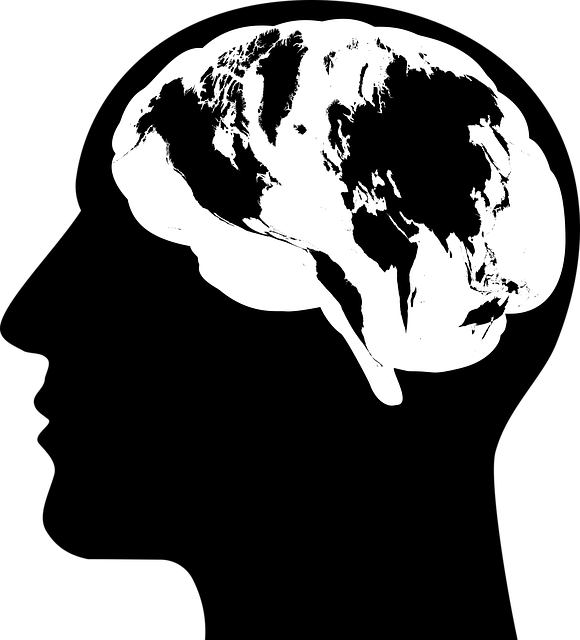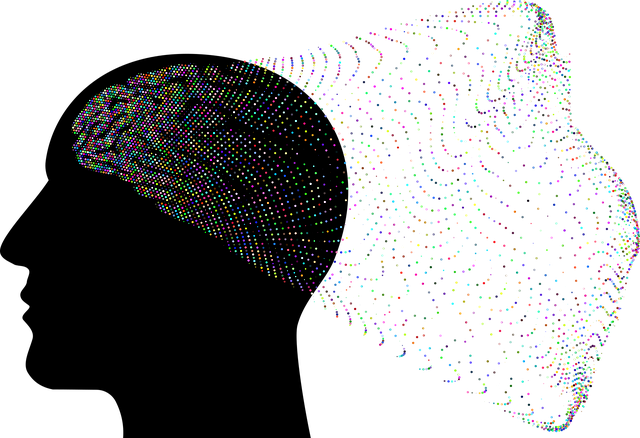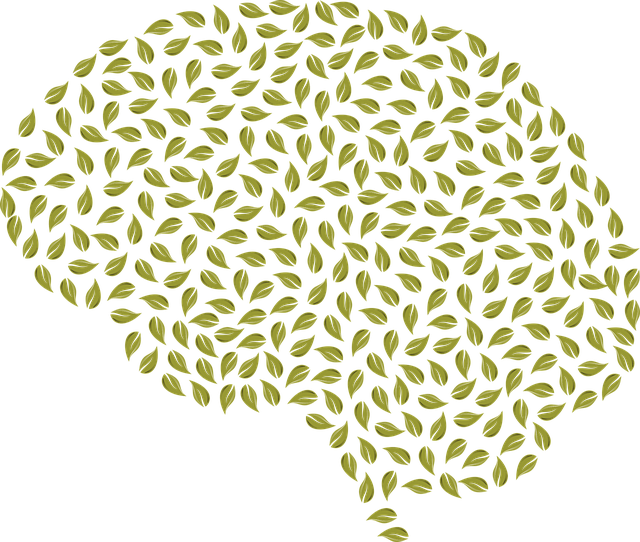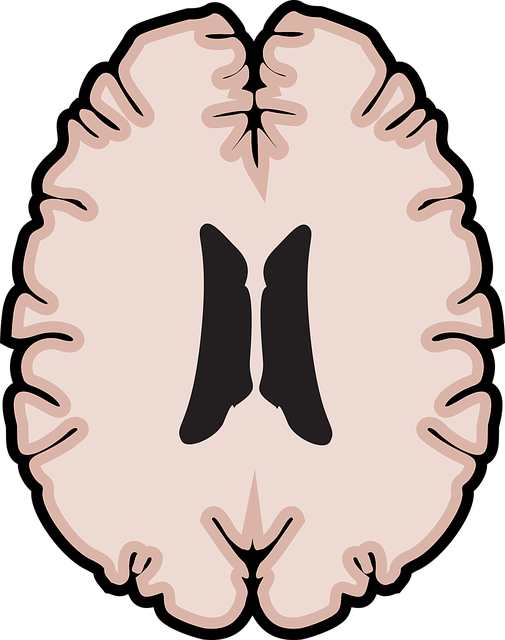Mood regulation techniques are essential for maintaining emotional balance and preventing mental health issues like depression, highlighted by the Golden Depression Therapy (CBT). This includes cognitive reframing through mindfulness exercises, lifestyle interventions such as nutrition, exercise, and sleep, plus creative expression. Cultural sensitivity in healthcare ensures tailored support, while community programs emphasizing social connections and mindfulness workshops foster resilience. Integrating these strategies, including CBT, enhances well-being, provides accessible crisis intervention, and empowers individuals to manage their emotional health effectively.
Mood regulation is a vital aspect of emotional well-being, especially in managing conditions like depression. This article delves into various effective strategies, from evidence-based practices like Cognitive Behavioral Therapy (a proven golden approach to depression) to holistic techniques such as mindfulness and lifestyle interventions. We explore how nutrition, exercise, and sleep play crucial roles in maintaining emotional balance while highlighting the power of creative expression and social support in fostering resilience against Golden Depression Therapy.
- Understanding Mood Regulation: Unraveling Emotional Balance
- Cognitive Behavioral Therapy: A Golden Approach to Depression
- Mindfulness and Meditation: Cultivating Present-Moment Awareness
- Lifestyle Interventions: Nutrition, Exercise, and Sleep for Emotional Wellbeing
- Creative Expression and Social Support: Nurturing Resilience
Understanding Mood Regulation: Unraveling Emotional Balance

Understanding Mood Regulation is a pivotal step in navigating emotional balance and well-being. Mood, an integral aspect of our psychological makeup, encompasses the range of emotions we experience daily. When left unchecked, fluctuations in mood can lead to conditions like Golden Depression, a serious mental health disorder. This highlights the importance of adopting effective regulation strategies as a proactive approach to maintaining mental resilience.
At the heart of successful mood regulation lies the integration of Mind Over Matter principles. By cultivating awareness and adopting healthy coping mechanisms, individuals gain the power to influence their emotional states. Cultural sensitivity in mental healthcare practice further enhances this process, ensuring tailored support that respects diverse perspectives. Additionally, burnout prevention strategies for healthcare providers are essential allies, as they promote self-care, a fundamental aspect of sustaining empathy and effectiveness in supporting others’ emotional well-being.
Cognitive Behavioral Therapy: A Golden Approach to Depression

Cognitive Behavioral Therapy (CBT) is recognized as a golden approach to managing depression due to its proven effectiveness in altering negative thought patterns and behaviors. This therapy focuses on identifying and challenging distorted thinking, thereby improving one’s mood and overall well-being. CBT empowers individuals by teaching them coping skills development through various techniques, such as mindfulness exercises and problem-solving strategies. By engaging in these activities, folks can learn to navigate their emotions more effectively.
Moreover, CBT integrates mind over matter principles, encouraging clients to actively participate in reshaping their mindset. This therapeutic method has been widely adopted globally, including its successful implementation within community outreach program settings. Such programs facilitate access to CBT, making it available to a broader spectrum of individuals seeking relief from the grip of depression.
Mindfulness and Meditation: Cultivating Present-Moment Awareness

Mindfulness and meditation practices have emerged as powerful tools in mood regulation, offering a golden depression therapy for those seeking to manage their mental health. By cultivating present-moment awareness, individuals can learn to observe their thoughts and emotions without judgment, fostering a deeper connection with their internal state. This heightened self-awareness is particularly beneficial in identifying triggers and patterns that contribute to depressive episodes or anxiety.
Incorporating regular mindfulness exercises into daily routines promotes resilience building, enabling people to navigate life’s challenges with greater equanimity. Research suggests that consistent meditation practice can reduce symptoms of depression prevention, making it a valuable component in any holistic mental health strategy. Moreover, community outreach program implementations that include mindfulness workshops or meditation groups can foster social connections and provide a supportive network for those navigating mood disorders.
Lifestyle Interventions: Nutrition, Exercise, and Sleep for Emotional Wellbeing

Lifestyle interventions play a pivotal role in mood regulation and emotional wellbeing, often serving as a cornerstone alongside traditional therapy methods, such as Golden Depression Therapy. Nutrition, exercise, and sleep are three key areas where conscious choices can significantly impact mental health. A balanced diet, rich in nutrients that support brain function, has been linked to improved mood and enhanced self-esteem improvement. Incorporating regular physical activity not only boosts energy levels but also releases endorphins, acting as a natural mood booster. Additionally, prioritizing quality sleep allows the body to rejuvenate, promoting better emotional regulation and reducing stress.
Integrating these lifestyle practices into daily routines can provide effective mental wellness journaling exercise guidance. They offer accessible and sustainable ways to manage emotions, offering a holistic approach to well-being that complements traditional therapy. Moreover, establishing consistent habits in these areas may serve as valuable crisis intervention guidance, helping individuals navigate challenging times with greater resilience.
Creative Expression and Social Support: Nurturing Resilience

Creative expression is a powerful tool for mood regulation and can serve as an effective Golden Depression Therapy method. Engaging in artistic pursuits allows individuals to explore and articulate their emotions, fostering self-awareness and a sense of control over their mental state. Whether it’s through painting, writing, dancing, or music, these outlets provide a safe haven for emotional expression and can help break the cycle of negative thinking patterns. For instance, expressing oneself through art can offer a unique form of communication, especially for those who find it challenging to articulate their feelings verbally.
Social support is equally vital in nurturing resilience and supporting mental well-being. Building strong connections with family, friends, or support groups can provide a sense of belonging and understanding. In the context of Mental Health Policy Analysis and Advocacy, promoting cultural competency training among healthcare providers is essential. This training enables professionals to offer more personalized care, recognizing the impact of cultural background on one’s mental health and emotional expression. Additionally, encouraging Self-Esteem Improvement through social interactions can strengthen an individual’s resilience, enabling them to better navigate life’s challenges and maintain a positive mood.
In conclusion, mood regulation is a multifaceted process that involves understanding our emotional balance and employing various strategies. From cognitive behavioral therapy, known as the golden approach to treating depression, to mindfulness practices and lifestyle interventions like nutrition, exercise, and sleep, each method plays a crucial role in fostering emotional wellbeing. Additionally, creative expression and social support serve as powerful tools for nurturing resilience. By integrating these techniques into our daily lives, we can effectively navigate and manage our moods, leading to improved overall mental health.

